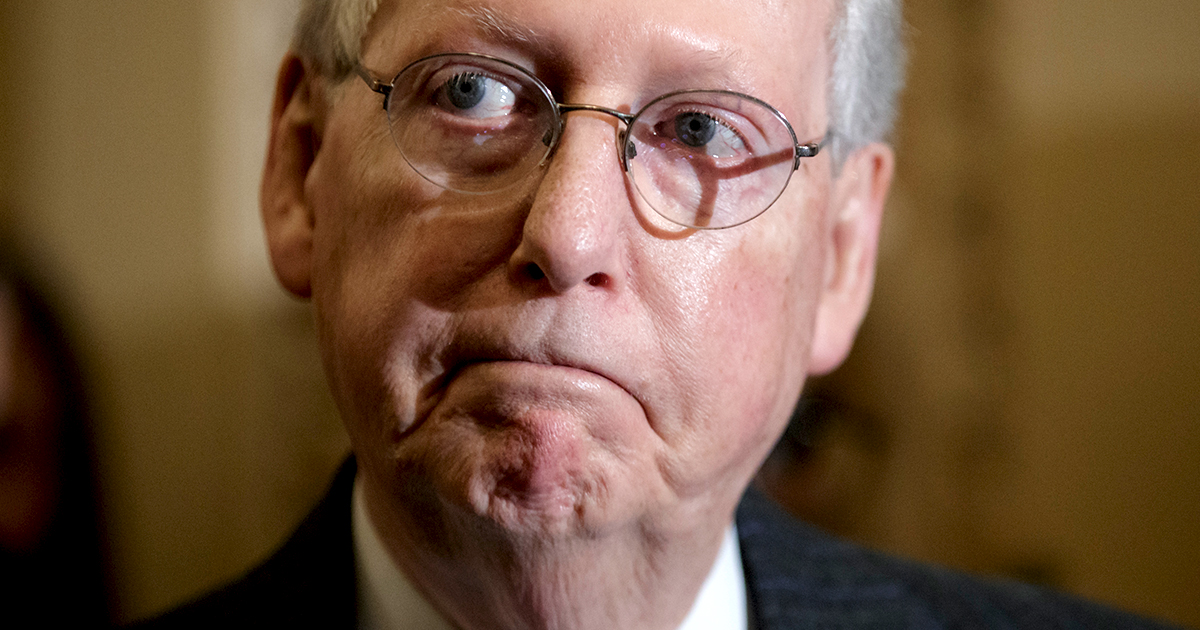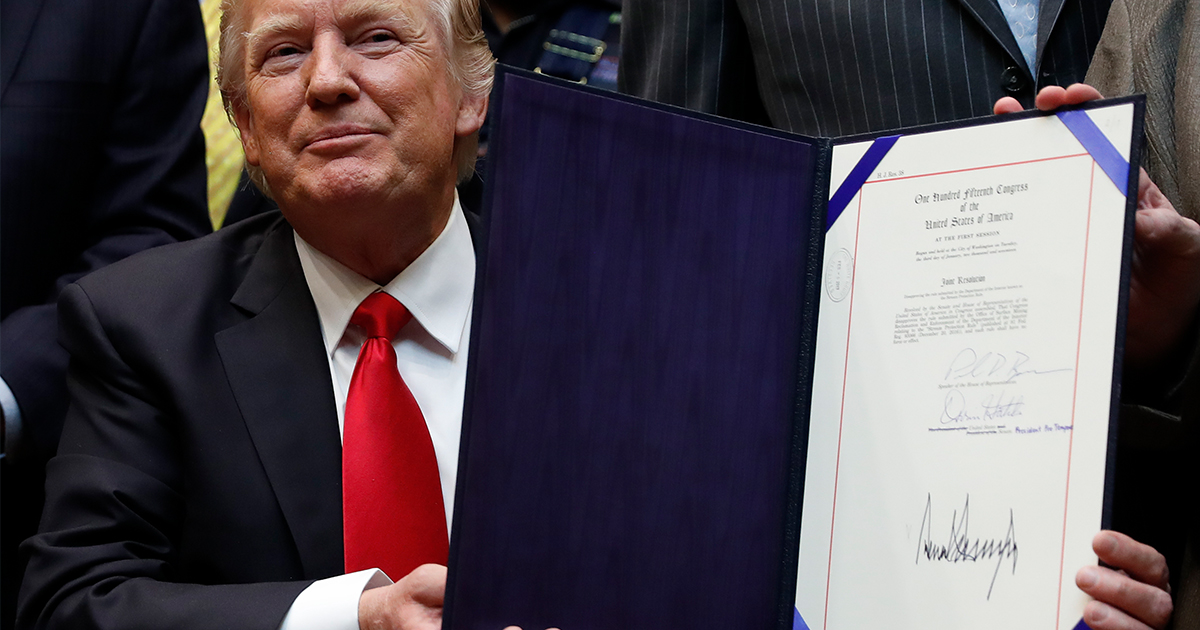The Senate Health Plan Would Ban Some People From Getting Insurance — for 6 Months

By:
People without health insurance would face a penalty that could mean the difference between life or death under a revised version of the Senate health care bill released on Monday.
The bill imposes a six-month waiting period on uninsured individuals who let their coverage lapse for more than 63 days. That means people who lose their health insurance, or drop out of the market, would have to apply for coverage and, if they fail to find coverage within about two months, be forced to wait — if they do find coverage — another six months before the benefits take effect
"The waiting period is supposed to prevent people from waiting until they get sick to purchase a health plan," The New York Times reported. "Insurers need large numbers of healthy people to help pay for those who are sick."
 AP/J. Scott Applewhite - apimages.com
AP/J. Scott Applewhite - apimages.com
But the policy could hurt people who inadvertently lose their insurance — by losing a job, for example. And for individuals suffering from serious illnesses such as cancer, a six-month coverage gap could be fatal.
"Being denied critical and potentially lifesaving health care for six months is not a fair punishment for someone who is a few hundred dollars short on insurance payments because they lost their job and finances are unexpectedly tight," Sen. Chuck Schumer (D-N.Y.) told the Times.
This waiting period is very different than the Obamacare individual mandate.
Under the Affordable Care Act, individuals who went without health insurance had to pay a fee based on their household income. Like the proposed waiting period in the Senate health care bill, the individual mandate was meant to serve as an incentive for healthy people to get health coverage to offset insurance costs from older and less healthy enrollees.
 AP Photo/Carolyn Kaster - apimages.com
AP Photo/Carolyn Kaster - apimages.com
The House version of the health care bill, which passed last month, had a different kind of requirement: imposing a 30 percent surcharge on premiums for individuals whose insurance coverage lapsed.
It's unclear how the Senate requirement will impact the upcoming vote on the bill.
The Congressional Budget Office (CBO) released its score on the bill on Monday, estimating that 22 million more people in the U.S. would go without insurance under the proposed bill by 2026, compared to 24 million under the House version. The CBO report did not consider the impact of the new six-month penalty.
